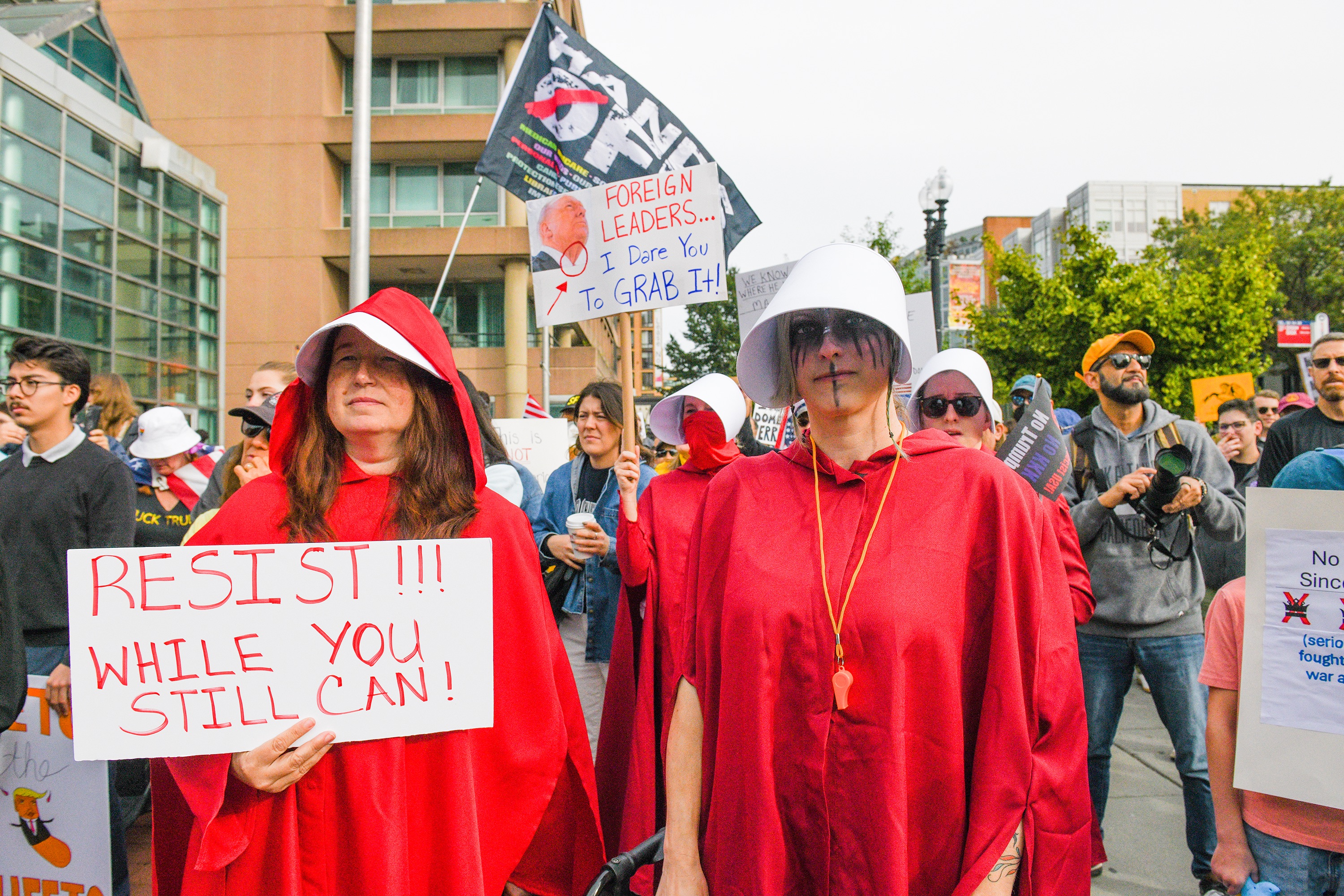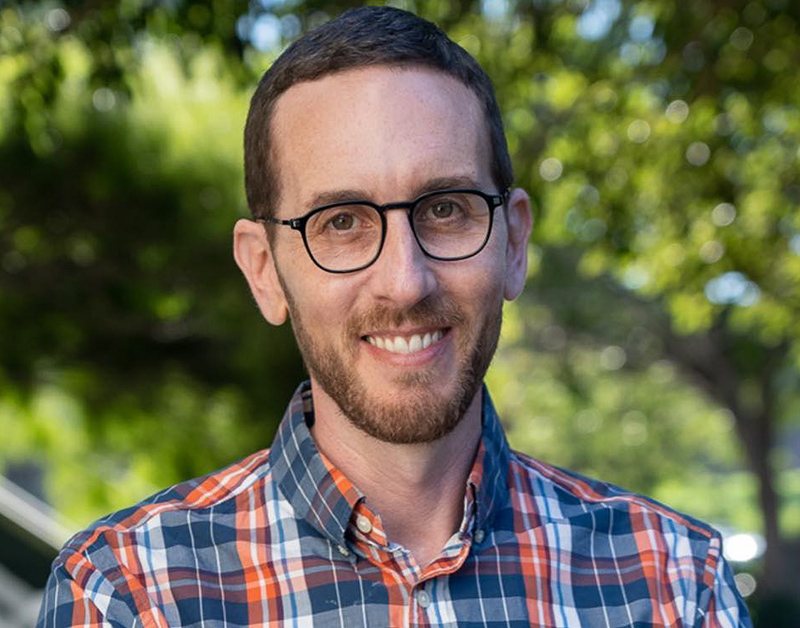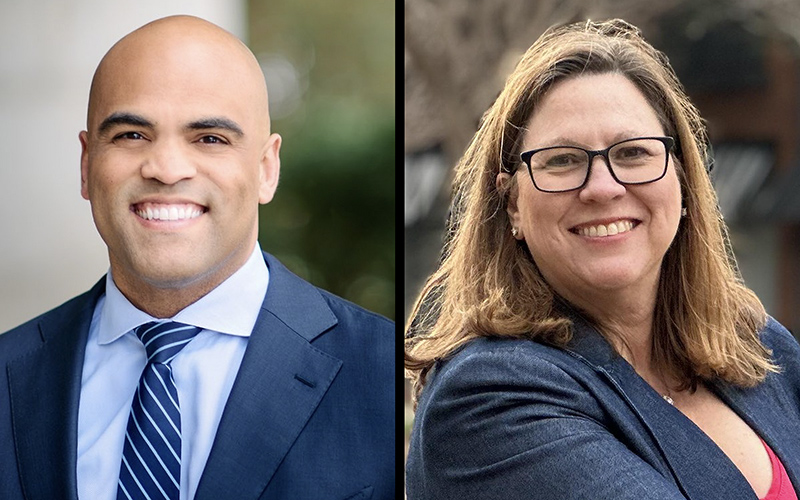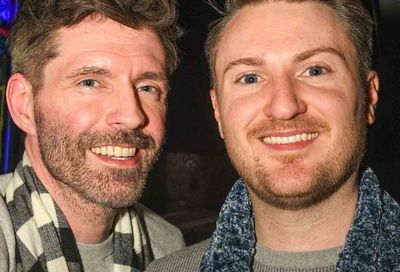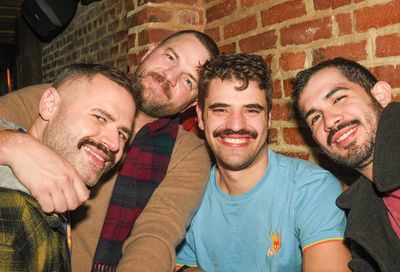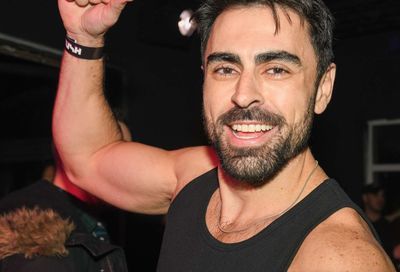Legislatively Lacking
Without more out members of Congress, we are absent from many important debates about our lives
The House Agriculture Committee has no out lesbian, gay, bisexual or transgender representation.
Then again, nor do the House Appropriations, Armed Services, Budget, Foreign Affairs, Homeland Security, House Administration, Natural Resources, Oversight and Government Reform, Science and Technology, Small Business, Standards of Official Conduct, Transportation and Infrastructure, Veterans’ Affairs and Ways and Means committees. Nor the House Select Committee on Intelligence.
And, obviously, none of the committees in the U.S. Senate have out LGBT representation as there is not a single out senator.
The only LGBT representation is found on five House committees: the Energy and Commerce Committee and the Judiciary Committee, on which Rep. Tammy Baldwin (D-Wisc.) sits; the Financial Services Committee, for which Rep. Barney Frank (D-Mass.) serves as chairman; and the Education and Labor Committee and the Rules Committee, on which Rep. Jared Polis (D-Colo.) sits.
So?
The Appropriations and Armed Services committees were key – or key obstacles – to the ”Don’t Ask, Don’t Tell” amendment passed by the House in May. Unfortunately, both Armed Services Committee Chairman Ike Skelton (D-Mo.) and ranking Republican Rep. Buck McKeon (Calif.) oppose repeal – but neither man had to face the reality of an openly LGBT colleague sitting in committee hearings on the military.
Despite the advocacy from people like Rep. Patrick Murphy (D-Pa.) and Susan Davis (D-Calif.), no one directly impacted by the policy – like former congressional candidate Anthony Woods, an out gay veteran who ran for Congress in 2009 – was a part of the discussion in those committees.
Earlier this year and late last year, the House Committee on Oversight and Government Reform held the fate of the District’s marriage-equality bill in its hands. Likewise, when the committee considered the Domestic Partnership Benefits and Obligations Act and Republicans offered amendments hostile to the bill’s primary aim of giving health insurance to same-sex partners of federal employees, no LGBT voices were there to speak out in opposition.
Despite the support from people like Reps. Mike Quigley (D-Ill.) and Patrick Kennedy (D-R.I.) and Del. Eleanor Holmes Norton (D-D.C.), the actions and statements from Reps. Josh Chaffetz (R-Utah) and Jim Jordan (R-Ohio) were made as Baldwin – not a member of the committee – sat silently in the front row of the seats for spectators.
So it could go, through all of the other committees, but – turning attention to the solution – the midterm elections are shaping up to present an opportunity to put a dent into the dearth of LGBT representation in Congress.
David Cicilline, the mayor of Providence, R.I., is one of four people running for the Democratic nomination to fill the seat of outgoing Rep. Patrick Kennedy in the 11th district of Rhode Island. The primary is Sept. 14, and Cicilline has received the endorsement of the Victory Fund, Stonewall Democrats and the Human Rights Campaign.
Scott Galvin sits on the North Miami City Council and is competing for the Democratic nomination to fill the seat of outgoing Rep. Kendrick Meek (D) in the 17th district in Florida. He has been endorsed by HRC, the Victory Fund and Stonewall.
Edward Potosnak is a teacher who is challenging Rep. Leonard Lance (R-N.J.) in the 7th district of New Jersey. He has received the endorsement of Stonewall.
Steve Pougnet, the Democratic mayor of Palm Springs, Calif., is challenging Rep. Mary Bono Mack (R) in the 45th district of California. Although Bono Mack has been endorsed by Log Cabin Republicans and GOProud, Pougnet has received the support of the Victory Fund, Stonewall and – following Bono Mack’s vote against the DADT amendment – HRC.
Although questions can be raised about whether each candidate is the best for the district or for Congress, the lack of more significant levels of LGBT representation in Congress will remain an issue so long as wide swaths of the Congress oppose LGBT equality efforts.
Support Metro Weekly’s Journalism
These are challenging times for news organizations. And yet it’s crucial we stay active and provide vital resources and information to both our local readers and the world. So won’t you please take a moment and consider supporting Metro Weekly with a membership? For as little as $5 a month, you can help ensure Metro Weekly magazine and MetroWeekly.com remain free, viable resources as we provide the best, most diverse, culturally-resonant LGBTQ coverage in both the D.C. region and around the world. Memberships come with exclusive perks and discounts, your own personal digital delivery of each week’s magazine (and an archive), access to our Member's Lounge when it launches this fall, and exclusive members-only items like Metro Weekly Membership Mugs and Tote Bags! Check out all our membership levels here and please join us today!








